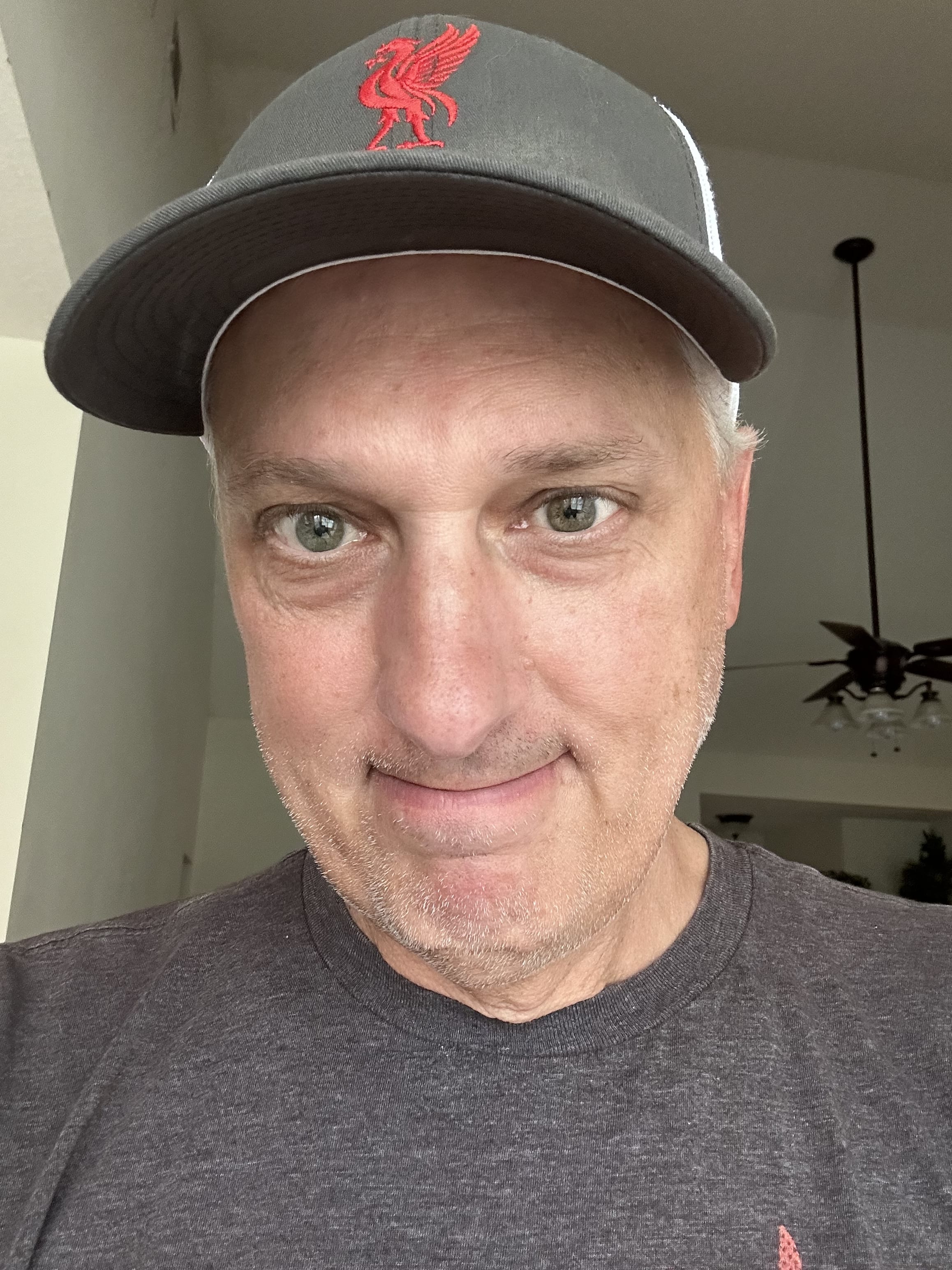AUBURN | Coaches are ultimately judged by their wins and losses. College sports is big business with millions of dollars on the line.
Fans and administrators will only accept mediocrity or worse for so long. And the time allowed to build a winning program has definitely shrunk over the last couple of decades.
But there’s much more to coaching, especially when it comes to the best in the profession.
There’s development, of course, which is most important for the revenue sports. Preparing your players to compete and excel at the professional level after college is a key component of the success of any college program.
And the schools producing the most professional athletes usually have a whole lot of success too.
But there’s another part that is probably the most impactful for the young men and women in college athletics and that’s their personal development.
It goes back to what’s important at every level of sports from youth on up — the learned lessons that can last a lifetime.
Butch Thompson had an opportunity to experience and pass on some lessons this weekend following a disaster-prone 15-6 loss to Austin Peay, which he called his worst in nine seasons as AU’s head coach.
The Tigers bounced back to beat the Governors 24-5 Sunday and afterwards Thompson was asked about the previous 24 hours. It was the kind of response from a coach that 100 percent understands the responsibilities he has, not just to win but to develop his players on and off the field.
I’ve been around a lot of coaches in my 24 years covering Auburn and very few have been as genuine and as committed to all aspects of their profession as Thompson. It translates into a lot of wins too.
Auburn is very fortunate to have him.
“This game is amazing. It will take you through everything and all it’s measuring is — like if your pitching and give up a home run — it really matters what happens in the next at-bat. That’s how the world’s built,” said Thompson. “It’s such a great teacher for life. But don’t think for a second this game’s not personal and it’s not business. You’ve got to balance that somehow with these kids having fun, to work on their craft every day. That’s just what you do. You keep your head down and you just fight.
“Those are the lessons we’re trying to teach these guys because life’s going to hit them right in the mouth. And then sometimes you can sit back and see what your leadership and what amazing guys can do that are connected.”
***
In today’s musical journey, we go back 44 years to a country music legend hitting the top of the charts for the fifth of 20 times. On March 11, 1980, Willie Nelson’s “My Heroes Have Always Been Cowboys” rose to No. 1 on the Billboard Hit Country chart. The song was included on the soundtrack for the 1979 film, The Electric Horseman, which Nelson also starred in along with Robert Redford, Jane Fonda and Valerie Perrine. Wilson ad-libbed most of his lines in the movie, and its director, Sydney Pollack, would later hire Nelson for his first starring role in 1980’s Honeysuckle Rose. Nelson contributed four other songs to the soundtrack including “Mammas Don’t Let Your Babies Grow Up to Be Cowboys” and a cover of “Midnight Rider.” “My Heroes Have Always Been Cowboys” was written by Sharon Vaughn and originally recorded by Waylon Jennings in 1976. Vaughn wrote the song in 17 minutes about her time growing up on a ranch in Florida. After playing a demo of it for Jennings, he recorded it that night. Nelson’s version, recored four years later, stayed on the country charts for 14 weeks. The song also inspired the 1991 movie, My Heroes Have Always Been Cowboys, which starred Scott Glenn and Kate Capshaw. Electric Horseman earned more than $60 million in the U.S. and was nominated for an Academy Award for Best Sound. The soundtrack had more than 500,000 in sales.
Willie Hugh Nelson was born in Abbott, Texas, in 1933 and raised by his grandparents after being abandoned by both his mother and father. He started playing the guitar at age 6 and was earning money playing and singing in dance halls and bars by age 13. While continuing to advance his music career, Nelson spent nine months in the Air Force before being discharged with a bad back, spent two years at Baylor, worked as a DJ in several cities and even sold vacuum cleaners and encyclopedias door-to-door. He moved to Nashville in 1960 and had much of his early success come as a songwriter including Patsy Cline’s 1961 mega hit “Crazy.” Nelson signed with Liberty Records and had his first two top 10 hits in 1961. He moved to Austin, Texas in 1972 where he developed his outlaw country style, played a part in starting the PBS show Austin City Limits and had his first No. 1 single, 1975’s "Blue Eyes Crying in the Rain.” A string of No. 1’s followed including 1975’s “Mammas Don’t Let Your Babies Grow Up to Be Cowboys” and 1976’s “Good Hearted Woman,” both duets with Jennings, and 1980’s "On the Road Again.” He also had two singles that rose to the top five in the Billboard 100 in 1982’s “Always On My Mind” and 1984’s duet with Julio Iglesias, “To All The Girls I’ve Loved Before.” He was a member of the super group, The Highwaymen, from 1985-95 along with Jennings, Johnny Cash and Kris Kristofferson.Nelson has gone on to record over 75 albums, publish 14 books and appear in more than 50 movies and T.V. shows. He helped organize 1985’s Farm Aid concert and has preformed in them annually since. He has also been an outspoken activist for the legalization of marijuana. Nelson has sold more than 60 million albums.
